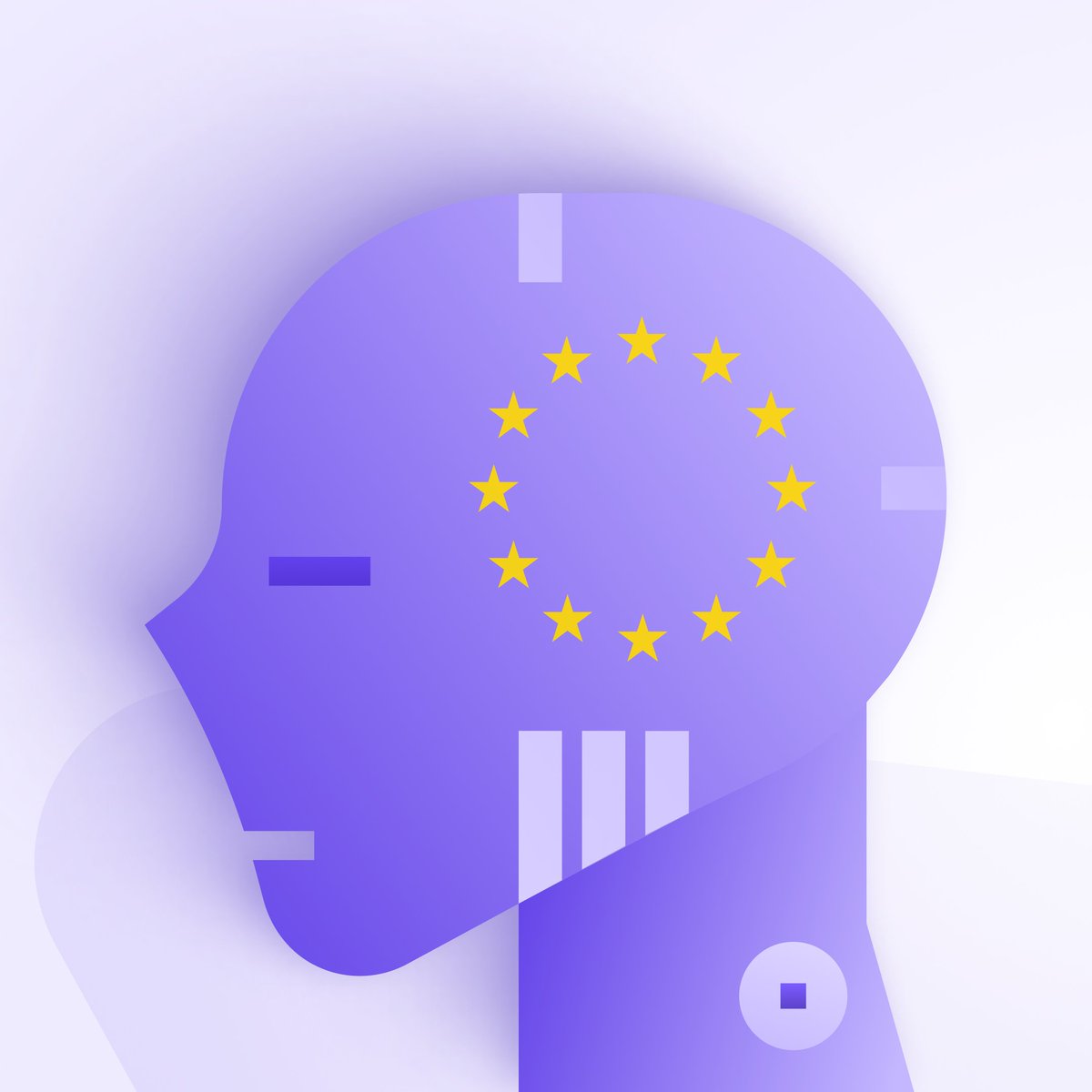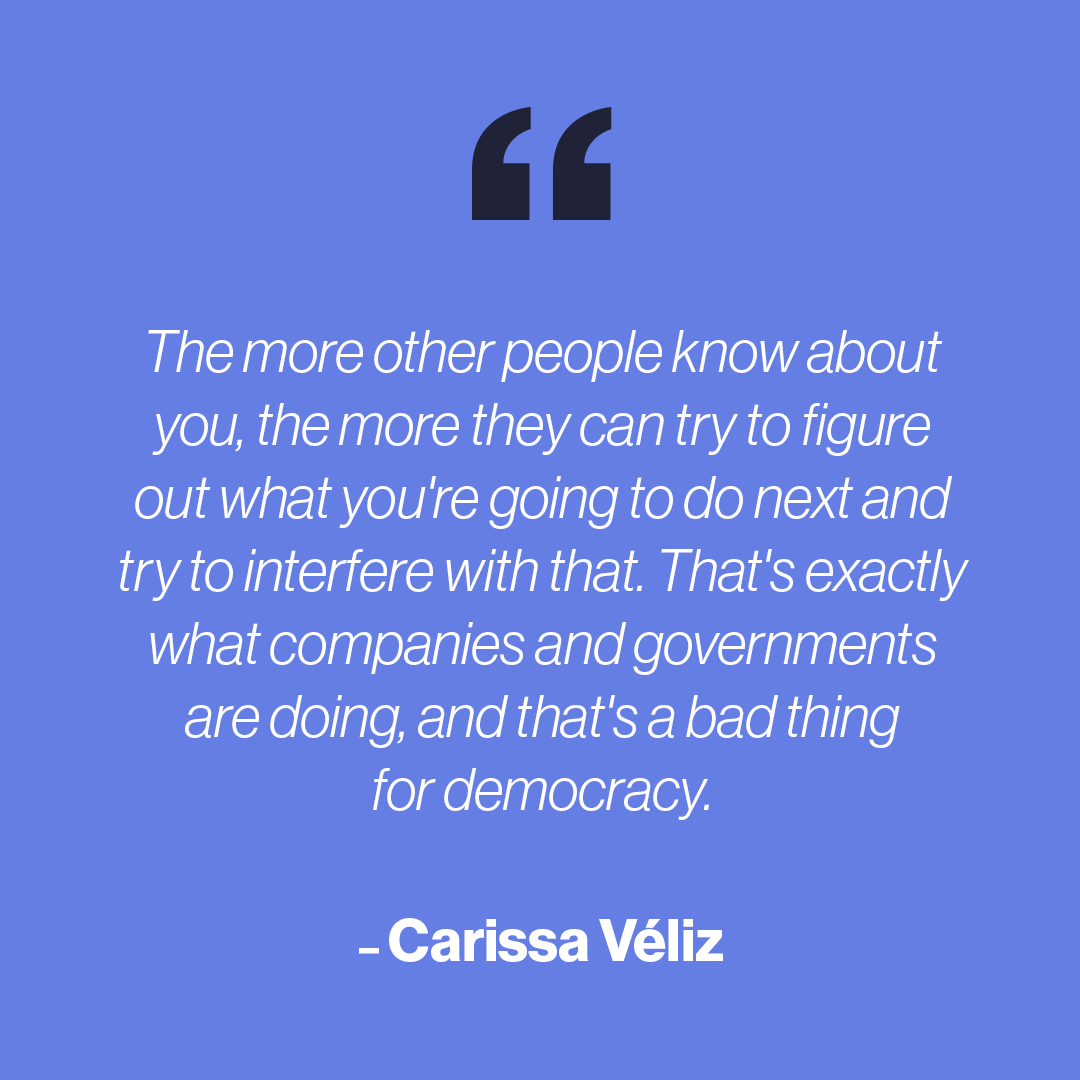.@OpenAI's #ChatGPT reached 100M users in two months. It spurred on @Google and @Microsoft to add chatbots to their business models. But what are the consequences of #AI and your personal data? Read this thread to find out more. 🧵⬇️ (1/7) 

We're in the middle of one of the largest tech gold rushes since the early 90s. But the resource these #BigTech companies are digging for is your private data to train their chatbots. Find out how. ⬇️ (2/7)
If you've written a blog post, submitted an online review, posted on sites like @Reddit and @StackOverflow, you've helped teach Big Tech's chatbots how to be human. 🧌☠️ (3/7)
Recently, Italy became one of the first countries to ban ChatGPT due to privacy concerns, reversing their ban only after @OpenAI agreed to their privacy watchdog demands. France, Germany, Ireland, and Spain are considering similar investigations. But... (4/7)
Policy for AI is still unwritten, and unsurprisingly, Big Tech is profiting off your data w/o your consent. Geoffrey Hinton, the ‘godfather’ of AI warned about its dangers as he quit Google, saying AI will soon be more intelligent than us. So what does that mean for you? (5/7)
The EU is working on the Artificial Intelligence Act, a proposal that will protect you from AI violating your privacy. AI is a revolutionary development, but we need legal protections to avoid an even worse version of surveillance capitalism. So what can you do about it? (6/7)
It's vital to maintain good #cybersecurity hygiene & to be mindful of the data you share online. Privacy-first services like @ProtonMail & @SimpleLogin help you protect some of your data while the law catches up with the AI revolution. Learn more: proton.me/blog/ai-gdpr. (7/7)
• • •
Missing some Tweet in this thread? You can try to
force a refresh

 Read on Twitter
Read on Twitter









